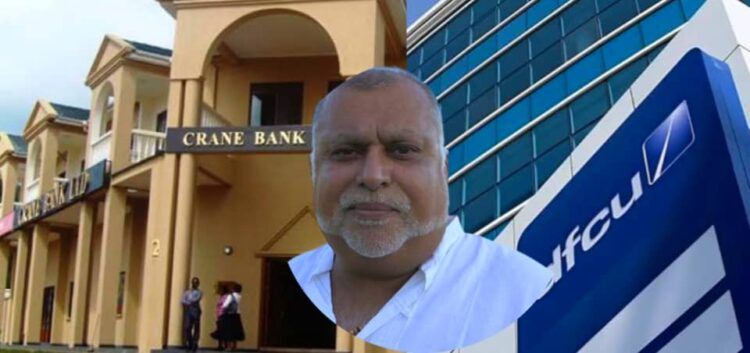By Our Reporter,
LONDON, UK
dfcu Bank has secured a procedural victory in an ongoing case before the English High Court, as part of the legal proceedings initiated by Crane Bank Limited (CBL) and others.
Critically, the Court dismissed an attempt by Crane Bank Limited to exclude reports prepared by PricewaterhouseCoopers Ltd (PwC) from the proceedings. Crane Bank’s lawyers failed in their argument that (i) PWC, which was instructed by Bank of Uganda, to undertake a forensic audit of Crane Bank, was not part of the global and well-known firm PWC and (ii) that the PwC reports would be inadmissible as a matter of law to prove any primary fact.

Justice Paul Stanley noted that the PwC reports spanning over 150 pages and covering a broad period, (including events in the early 2000s), point to findings which, if accurate, can fairly be described as serious, indicating mismanagement of Crane Bank in several respects including:
1. Creation of a deliberately false impression on its balance sheet.
2. Disguising the identity of shareholders.
3. Improper diversion of bank funds; and
4. Sweetheart deals with insiders.
The judge noted that, if accurate, these findings point to management practices inconsistent with what “any sensible regulator would wish to see operating a strategically important bank.”
In a further development, the Court ordered Sudhir Ruparelia to surrender his mobile phone for expert forensic analysis to determine whether it contains potentially relevant documents. Sheena Ruparelia was also directed to disclose materials from her personal email account.

dfcu has consistently maintained that the claims against it are without merit and continues to assert that it acted lawfully throughout the process of the acquisition of Crane Bank Limited.
The bank has reiterated its commitment to defending itself vigorously while upholding international standards of ethical conduct and governance.








































